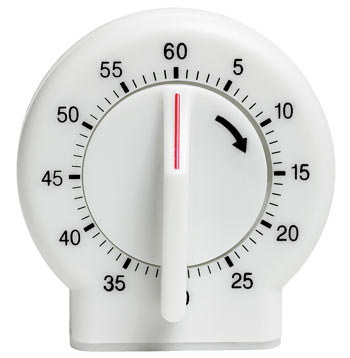Cooking Whole Grains
General guidelines for cooking popular whole grains

| 1 cup of dry grain + |
Water + |
Cook time* = |
Amount cooked |
|---|---|---|---|
| Barley | 2 cups | 45–55 minutes | 4 cups |
| Brown rice | 2½ cups | 45 minutes (varies by variety) |
3–4 cups |
| Bulgur | 2 cups | 10–12 minutes | 3 cups |
| Couscous, whole wheat | 2 cups | 10 minutes (heat off) |
3 cups |
| Farro | 2 cups | 45–55 minutes | 3 cups |
| Oats, steel cut | 4 cups | 20–40 minutes | 4 cups |
| Pasta, whole wheat | 6 cups | 8–12 minutes (varies by variety) |
Varies |
| Quinoa | 2 cups | 12–15 minutes | 3+ cups |
| Spelt | 1½ cups | 50–60 minutes | 2 cups |
| Wheat berries | 2½ cups | 30–45 minutes | 3 cups |
| Wild rice | 3 cups | 45–55 minutes | 3½ cups |
*Cook time may vary.
Basic whole grain cooking techniques
Boil and simmer method
Cook most whole grains the same way you cook rice. Put the dry grain in a pan with water or broth, bring to a boil, and then simmer covered until the liquid is absorbed.
Pasta method
Pasta is usually cooked in a large amount of boiling water, boiled until tender, and then excess liquid is drained off. Some whole grains (including brown rice, farro, and wheat berries) can also be cooked in this way.

Shortcuts
Soaking: Let grains soak before cooking to help reduce cooking time.
Pre-Cooking: Prepare whole grains in advance to help make meal preparation simple.
Batch Cooking: Cook whole grains in big batches and keep them in your fridge for 3–4 days to reheat or use in cold salads. You can also put them in your freezer for use at a later date.
Quick Cooking: Buy quick cooking grains such as bulgur, quinoa, and whole wheat couscous as they make a great addition to any meal and are perfect for busy nights or last minute meal prep.

For steel cut oats, try this Med Way Life Hack.
- Put 4 cups water and 1 cup oats in a saucepan, bring to a boil.
- Take the pot off the heat, cover, put directly in the fridge, and leave overnight.
- In the morning, the steel cut oats will be ready for breakfast. Just reheat and serve.
HELPFUL TIPS
Sticky bottoms: If whole grains stick to the bottom of the pan, turn off the heat, add a small amount of liquid, cover, and let it sit for a few minutes. The grain will loosen, making serving and clean up easier.
Time varies: Grains can vary in cooking time depending on the age and type of the grain and the pan. When you decide they’re tender and tasty, they’re done. If “time is up,” and the grain is not as tender as you like, simply add more liquid and continue cooking. Or, if the grain seems ready to eat before the liquid is all absorbed, simply drain the excess.